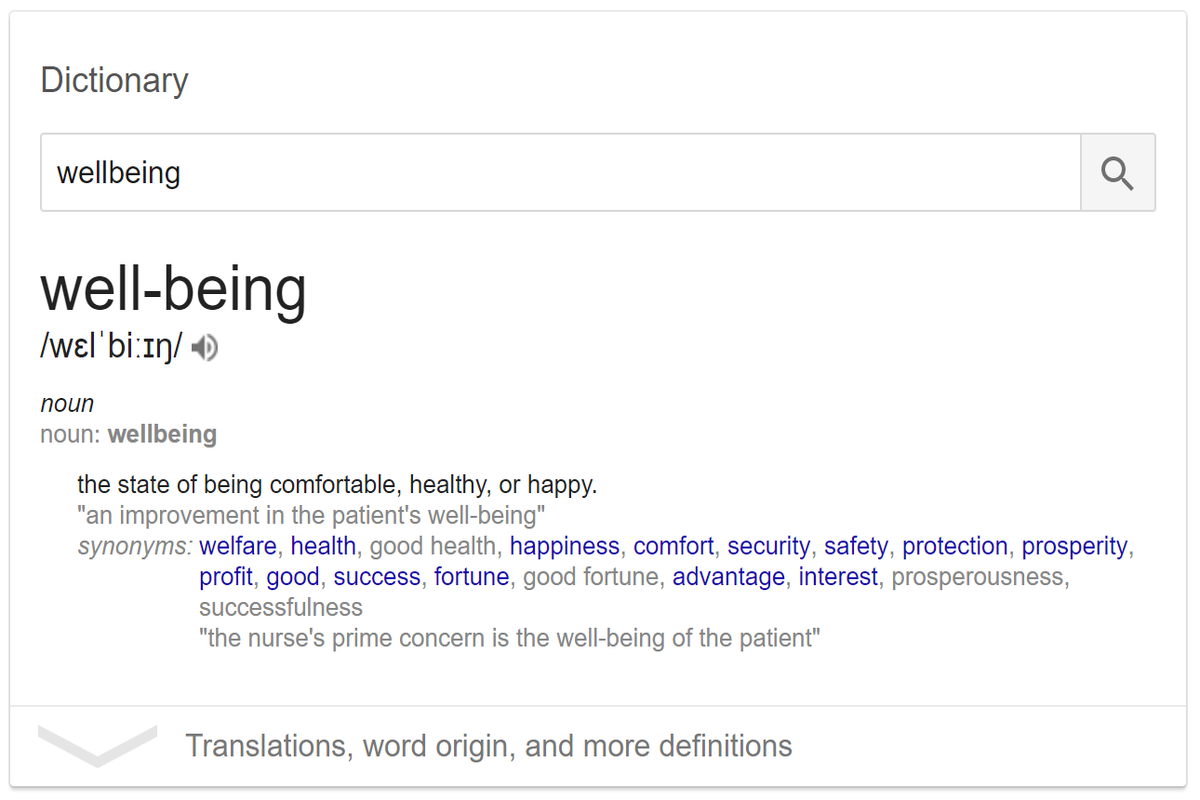
Howdy readers,
Although I rarely admit this at dinner parties, I trained as a psychologist.
My training, and much of my working life, prior to this role at Flinders has been focused on ‘mental illness’. Mental illness (mental disorders) are diagnosable health conditions which affect an individual’s capacity to think, behave, and interact with other people. Common mental illnesses include different types of anxiety disorders (e.g. panic disorder, social anxiety disorder), mood disorders like depression, eating disorders like bulimia, and substance use disorders. Health direct have some good starter articles on mental illness.
Whilst there is ongoing debate (mostly amongst mental health professionals) about the validity and usefulness of mental illness diagnoses, I generally find them a useful way to think about the different ways our mental health can be compromised. The diagnosis of a mental illness can be a frightening but also validating experience for someone who has been struggling psychologically. The discovery that their pattern of symptoms match a known pattern and that treatments and ways of managing that constellation of symptoms have been developed can give hope and direction to someone feeling lost and distressed.
Because of this focus on mental illness, I didn’t spend much time thinking about the concept of wellbeing, until I arrived here at Flinders. Over the past few years I have tried to develop a much broader way of thinking about people’s experience of life. Why is that?
First, there are plenty of people walking around who don’t meet criteria for a mental illness, but if asked, wouldn’t describe their life as satisfying or rewarding. A New York Times article discussed this (in the context of COVID) and called the states of ‘meh’ or ‘blah’ languishing which I believe is a term emerging from positive psychology.
There are also plenty of people walking around who do have a diagnosis of mental illness who are leading rich and rewarding lives. Their illness has implications for sure, but it doesn’t stop them from engaging with life in a full way.
The reality is there are many factors that combine in complex ways to determine how satisfied we are with our lives. When I use the term ‘wellbeing’ I am talking about those factors and how they combine.
Here are just some of the experiences that contribute to wellbeing:
- Presence of positive emotions and moods
- Access to the necessities of life; food, shelter, companionship, healthcare
- The absence or minimisation of negative emotions and moods, ability to manage diagnosed illnesses
- A sense of satisfaction with life
- A sense of fulfilment and/or belonging
- Financial stability
- Good quality and supportive relationships
- Engaging activities (hobbies) and work
- Good physical health, or at least the ability to engage in desired activities
- Ability and confidence to cope with life’s challenges
- Absence or minimisation of physical pain
- Positive feelings about self and others
- Ability to deal with setbacks and adversity.
When we train the Be Well Plan here at Flinders, we emphasise three components of wellbeing: how we feel about our lives, how well we are doing in different aspects of our lives and how socially integrated we are.
So if I am generally happy with my life, I’m doing well with my work and hobbies and I feel connected to the people I care about (and they are doing well), then my wellbeing is high.
Whilst some people might like a more precise definition of wellbeing (I feel ya), the multi-factorial nature of wellbeing has some benefits.
First, it helps discourage us from defining the success of our lives based on a single factor. For example, if I am having difficulties at work, I might be tempted to focus on this as evidence of ‘failure’ but when I consider the other aspects of my life that are going well (e.g. hobbies, relationships etc) I am reminded of (and potentially emboldened by) the things that are going right in my life.
Second, a broad definition allows us to speak about wellbeing in groups of people who come from different backgrounds, experiences, cultures and opportunities. The ‘recipe’ for life satisfaction does differ between cultures and maintaining a broad definition of wellbeing allows for conversations that are inclusive, which is especially useful in a multicultural setting like a university.
Third, for those looking to enhance or improve their lives, a broad definition of wellbeing helps draw attention to the different areas of life a person can invest in. Some people might prefer to work on their finances. Others might prefer to work on their relationships. The recognition of wellbeing as multifactorial provides choice to those wondering how to improve it.
Finally, whilst a person’s wellbeing is a combination of one or more of these factors, the importance of each one can vary between individuals.

For one person, their sense of wellbeing might be heavily influenced by whether they have engaging and rewarding work. For another person, it might be about having strong and supportive relationships. Each person’s wellbeing recipe is going to be a little different, reflecting their personal preferences, culture, history, age, gender and personality. Multiple components allow us to build multiple diverse recipes.
Since moving beyond mental illness as a focus point, I find conversations about how to life a rewarding and satisfying life far more enjoyable. It has also meant I consider a far broader range of factors when giving advice or direction to people on how to look after themselves. This is represented in my growing self-care guide which includes advice across diverse areas: mental health, relationships, intellectual pursuits, financial management, environmental manipulation and more.
I’d love to hear your thoughts on what constitutes wellbeing. Let me know in the comments below, or contact me directly via twitter (@FurberGareth) or via email (gareth.furber@flinders.edu.au). The better I understand your views on wellbeing, the better I can target the content of this blog moving forward.
G out

